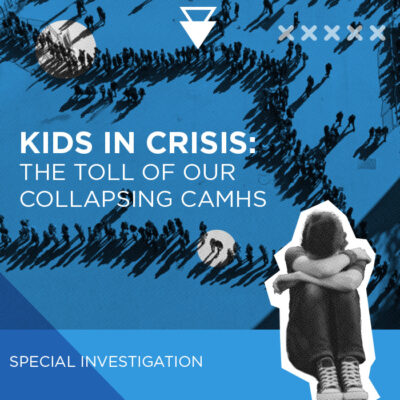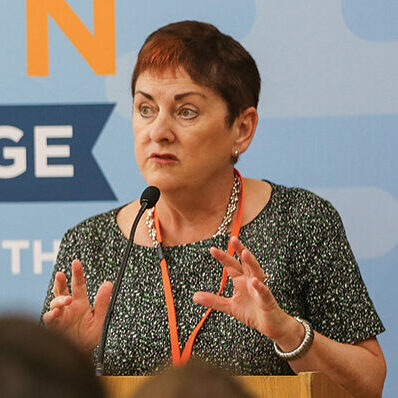The devastating toll of failing mental health support systems on families and schools is revealed in a four-month investigation by Schools Week.
Based on testimony from scores of families and school leaders, alongside data from Freedom of Information requests to hundreds of councils, multi-academy trusts and the NHS, we found:
- Suicidal children are being turned away for mental health support, with schools instead told to “keep them safe”
- Thousands of children are stuck on waiting lists for expert help, with schools digging into their own pockets to fund support
- Therapists once provided to schools free now cost hundreds of pounds a visit
- Schools accuse parents of “fabricating illnesses” as collapsing support drives rifts
- Parents use life insurance and raid savings to fund legal fights for support, with one parent claiming the stress contributed to her stoke
- Meanwhile, increases in the number of pupils with additional needs has left special schools “bursting at the seams”, with youngsters left in unequipped mainstream schools
Helen Hayes, Labour’s shadow children’s minister, was shocked by the findings, but said the government’s mental health strategy “totally lacks ambition”.

“There are professionals working all over the country as hard as they can to deliver the best outcomes for children and young people, but they are within a system that simply isn’t working and in many places it is falling over.”
Schools say they desperately need more counsellors and psychologists for students but “don’t have the money” and instead are left to “plug the gap” themselves.
Dr Mary Bousted, the joint general secretary of the National Education Union, said the crisis had been “unfolding for years. It’s not surprising to me that Schools Week has uncovered the depth of the crisis for parents of children with SEND and mental health illnesses.”
Children ‘left to rot’
Parents have said their children are being “left to rot” as neurodevelopmental differences or mental health struggles are not spotted early enough, with children ending up in A&E departments.
In some cases, families say they have “lost all trust” in public services, with parents needing support workers themselves as their own mental health breaks down.
Ofsted inspections exposing failing council services last year found that SEND pupils and their families were often left to fall into crisis before help was offered.
Bousted said “radical change” was needed. “When the government talks about levelling-up and covid recovery, ministers have to understand talking will not do.”
Theresa May’s 2018 Green Paper on transforming children and young people’s mental health committed £300 million to an overhaul of support services.

This included mental health support teams to a quarter of the country by 2023, a figure ramped up to 35 per cent by next year. But MPs have said this ambition is “too low”, with schools saying they will not resolve huge waiting lists for other services.
Robert Halfon, the Conservative chair of the education select committee, said the government must “rocket-boost” the proposals to put these teams in every school.
As Schools Week revealed last year, training for a senior mental health lead in schools only got off the ground last term, while promised mental health first aid training for primary schools has been scrapped.
The government vowed its 2014 reforms would put SEND “children and parents at the heart of the system. For too long, families have found themselves battling against a complex and fragmented system.”
A major review launched just five years later promised to “improve services available” for families to end the “postcode lottery they often face”.
SEND review delay ‘shameful’
Hayes said the three-year delay in publishing the review – due out in the next few months – was “really shameful”.
“We need to see it as soon as possible, so that the government can respond to it and start to deliver for families with additional needs,” she said.
The government turned down our requests to interview a minister about our findings.
The Department for Education said the SEND system “needs to be better”, which was why the review was “looking at ways to make sure the system is more consistent, high quality and integrated across education, health and care”.

A Department of Health and Social Care spokesperson said the government was “expanding and transforming NHS services backed by an extra £2.3 billion per year by 2024, to allow hundreds of thousands more children to access support”.
An NHS spokesperson said it was “providing access to mental health support at the earliest opportunity in every part of the country, alongside the invaluable support from schools, parents and young people themselves”.
